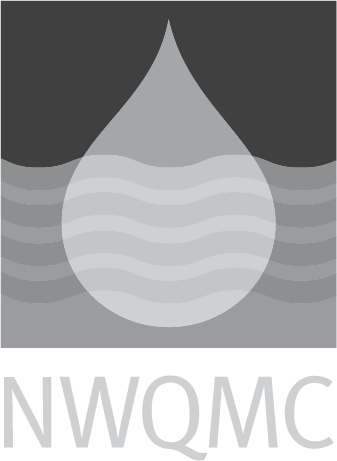Standard Methods: 4500-Cl- B: Chloride by Argentometric Method
|
Official Method Name
|
4500-Cl- B. Argentometric Method |
|---|---|
|
Current Revision
| Standard Methods Online |
|
Media
|
WATER |
|
Instrumentation
|
Not Applicable |
|
Method Subcategory
|
Inorganic |
|
Method Source
|
|
|
Citation
|
|
|
Brief Method Summary
|
In a neutral or slightly alkaline solution, potassium chromate can indicate the end point of the silver nitrate titration of chloride. Silver chloride is precipitated quantitatively before red silver chromate is formed. |
|
Scope and Application
|
The argentometric method is suitable for use in relatively clear waters when 0.15 to 10 mg Cl- are present in the portion titrated. |
|
Applicable Concentration Range
|
0.15 to 10 mg chloride in the portion of sample analyzed |
|
Interferences
|
Substances in amounts normally found in potable waters will not interfere. Bromide, iodide, and cyanide register as equivalent chloride concentrations. Sulfide, thiosulfate, and sulfite ions interfere but can be removed by treatment with hydrogen peroxide. Orthophosphate in excess of 25 mg/L interferes by precipitating as silver phosphate. Iron in excess of 10 mg/L interferes by masking the end point. |
|
Quality Control Requirements
|
See Section 4020 Quality Assurance/Quality Control. |
|
Sample Handling
|
Collect representative samples in clean, chemically resistant glass or plastic bottles. The maximum sample portion required is 100 mL. No special preservative is necessary if the sample is to be stored. |
|
Maximum Holding Time
|
28 days (regulatory) see Section 1060 |
|
Relative Cost
|
Less than $50 |
|
Sample Preparation Methods
|




